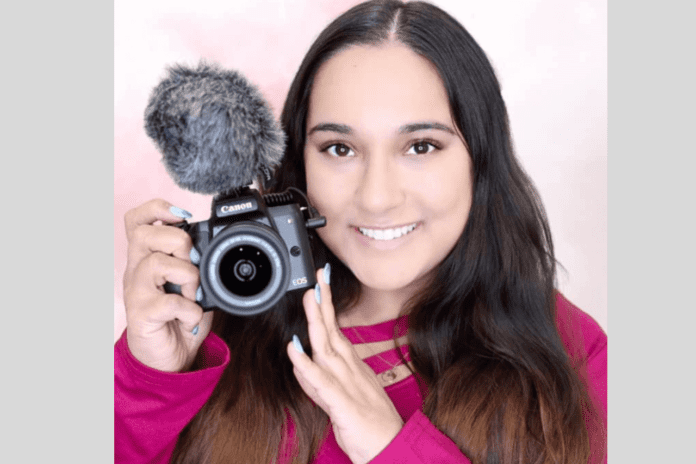Next in the series of Rule Breakers is Ana Juneja, the Intellectual Property Attorney for Celebrities, Creators, Start-Ups, and Entrepreneurs in Web3. Ana made her own place in a men-dominated field. She not only succeeded but also differentiated herself from other lawyers. She is also the No. 1 trademark attorney on social media.
Read on to know about her journey and how she achieved her dreams.
1. What inspired you to be a lawyer?
I didn’t really know what it meant to be a lawyer until I became one. The reason why I wanted to be a lawyer was to have a stable and prestigious job. All these superficial reasons changed when I entered law school. I developed a huge passion for what I do. Studying in law school I also learned how businesses work, develop and protect their assets, which got me into being an intellectual property lawyer.
2. Although over the last 100 years women have made huge steps toward equality, the law is still one of the fields that are majorly dominated by men. How did you manage to make your own place in the field?
This is interesting because I feel that men have a major advantage in some fields of law even to this day. I am very lucky that my field is 100% electronic. So all the cases are filed electronically, I haven’t met the vast majority of my clients, we connect through emails or Zoom and that’s how it has been in my field for many years.
Now had I been a criminal defense attorney, I would be at a severe disadvantage. Showing up in court and talking to other attorneys I can’t guarantee that I would be as successful in my field as I am now. Because I am at a big advantage in that people don’t have the opportunity to judge me for my gender or my age.
Also, I serve clients that are very niche and specific and I am one of the only attorneys in the world that can help them with certain problems, and that sets me apart. So I did a lot to differentiate myself but the reality is that I am lucky that my field of law doesn’t require a lot of in-person events where the majority of discrimination happens.
3. You are the No. 1 Trademark Attorney on Social Media, what advice do you have for people who are trying to grow their audience?
My biggest piece of advice is to be authentic. So I see a lot of lawyers on social media who try to stay neutral by just posting about news or themselves. Doing this makes them completely irrelevant. Growing an audience actually requires some vulnerability, you have to show your personality and show who you are as a human being and I think people in higher-tier professions don’t want to expose themselves to the criticism that comes with that. If you stay neutral and play it safe, you’ll stay irrelevant. I don’t know anyone who is doing very well on social media by staying neutral, it just doesn’t work that way.
4. How did your social media presence affect your work?
My social media presence affects my work a lot because I get many clients through it. In a way, it’s marketing. Everyone promotes their business in some way or the other. I’ve chosen to showcase my abilities and skills on social media and that’s how I get my client base.
Another way it helps me is by being an outlet where I can showcase my personality at a higher level. So when I talk to the client for the first time, I don’t have to sell myself because I already did that through social media. Many clients contact me after viewing my profile, so they know my personality and pricing. When somebody contacts me regarding a case, they already know if they can work with me for however long the case is going to last.
The last way social media has affected my business is that I have developed key relationships with very important people that can deliver certain things for my clients that I can’t as a lawyer.
5. What is success to you?
I usually like to quantify my success. I like to define success in terms of how much revenue I created in a given year or how many cases I was able to win. But when I achieve these goals that I’ve set for myself, I immediately start working towards more. So success for me comes down to being satisfied with myself that I am continuing to push the envelope.
6. What does your typical day look like?
My days are very different because I am a business owner. There are days when I am working for 18 hours straight writing memos, filing trademarks, talking to clients regarding the cases, and having meetings with the opposing counsel. And then there are days where there is straight legal work. However, the vast majority of days are very different.


